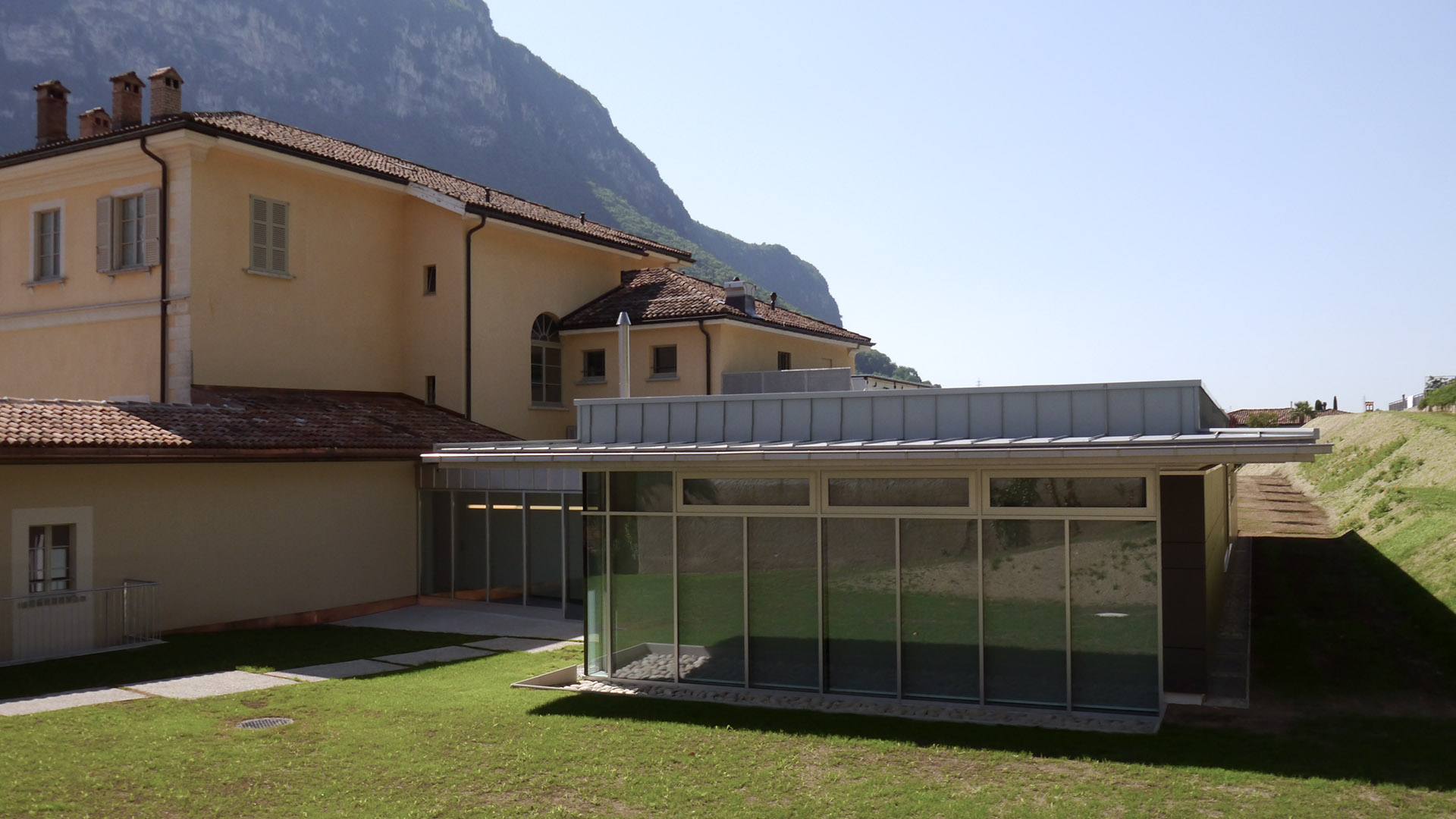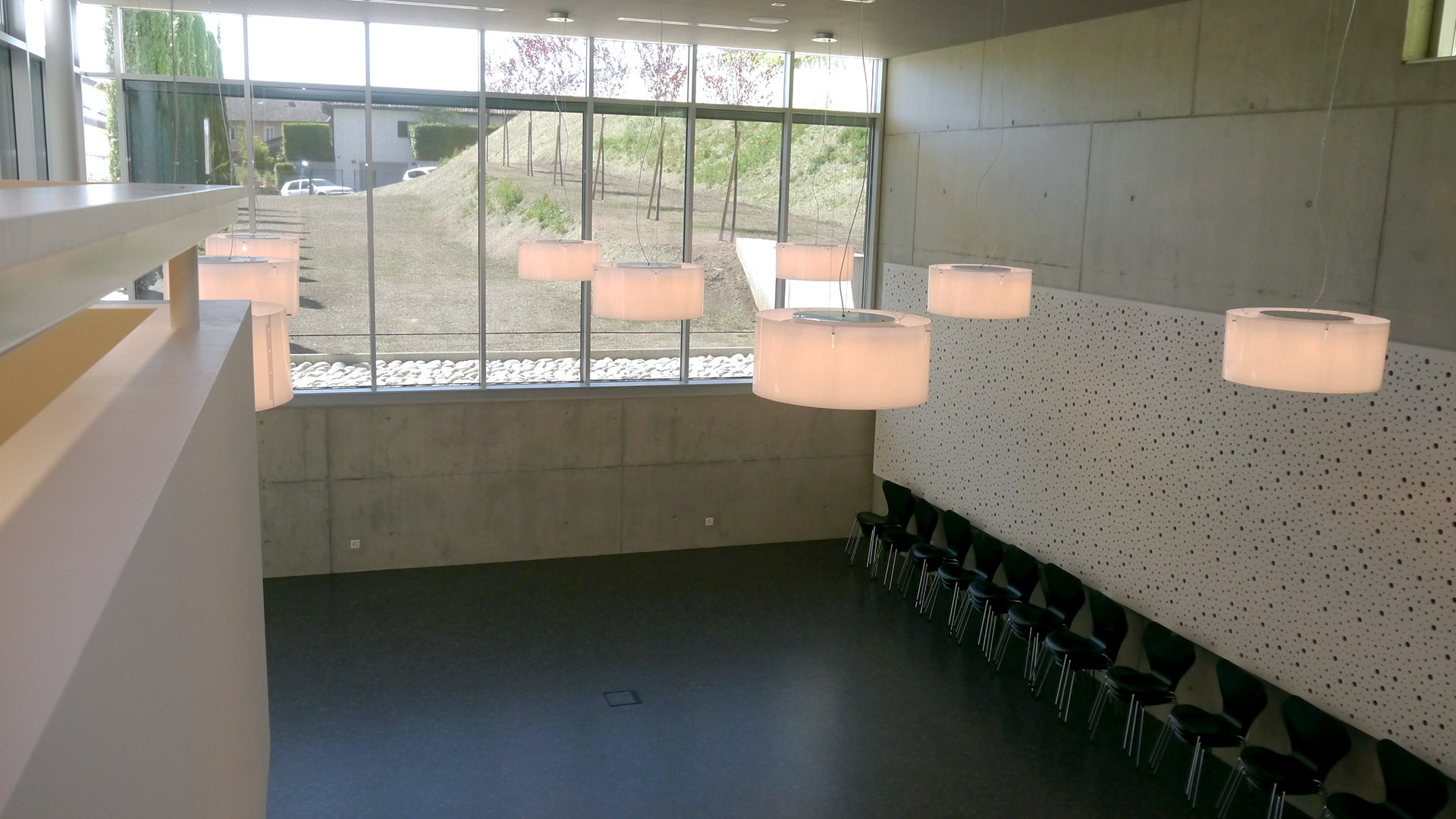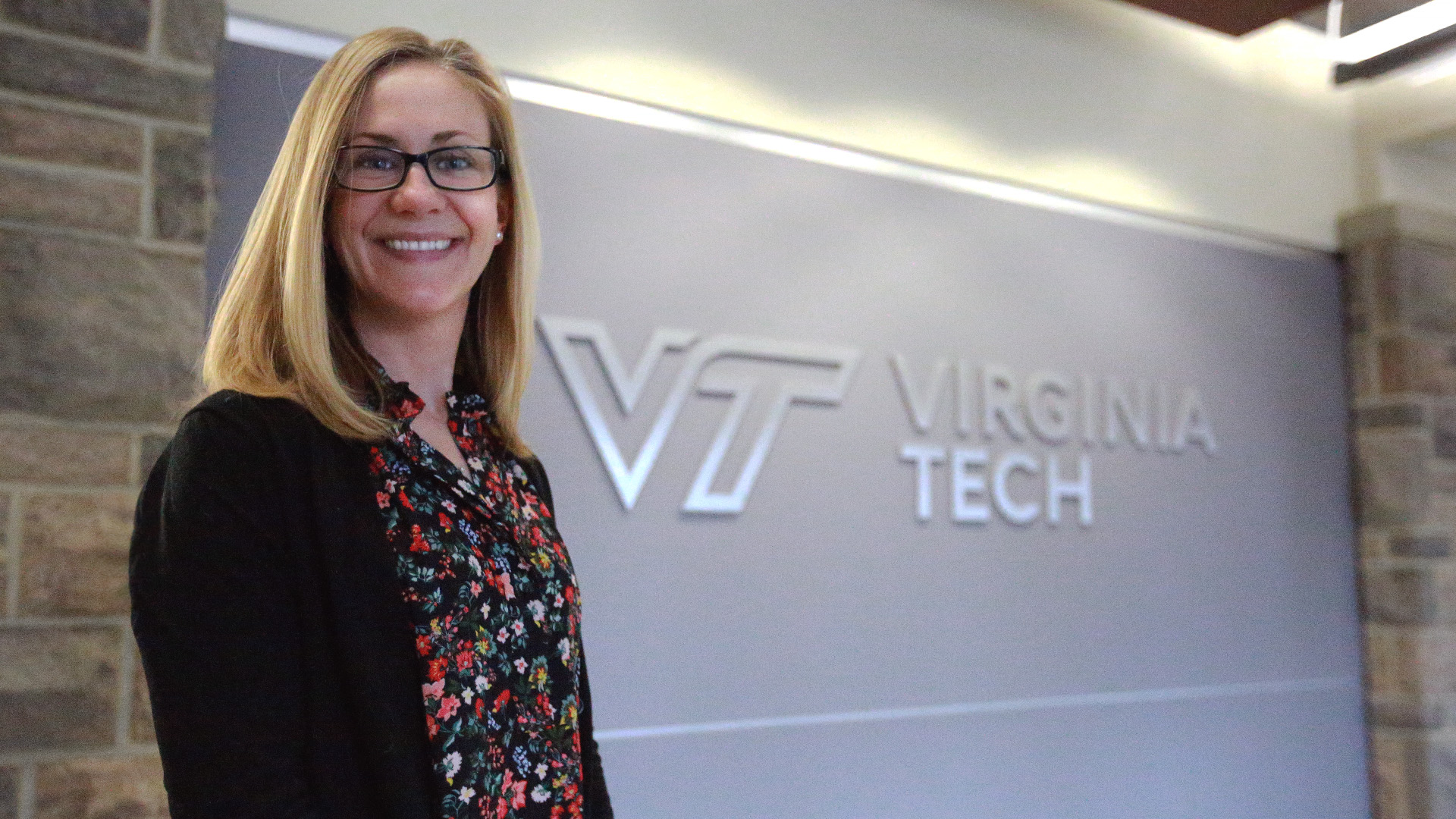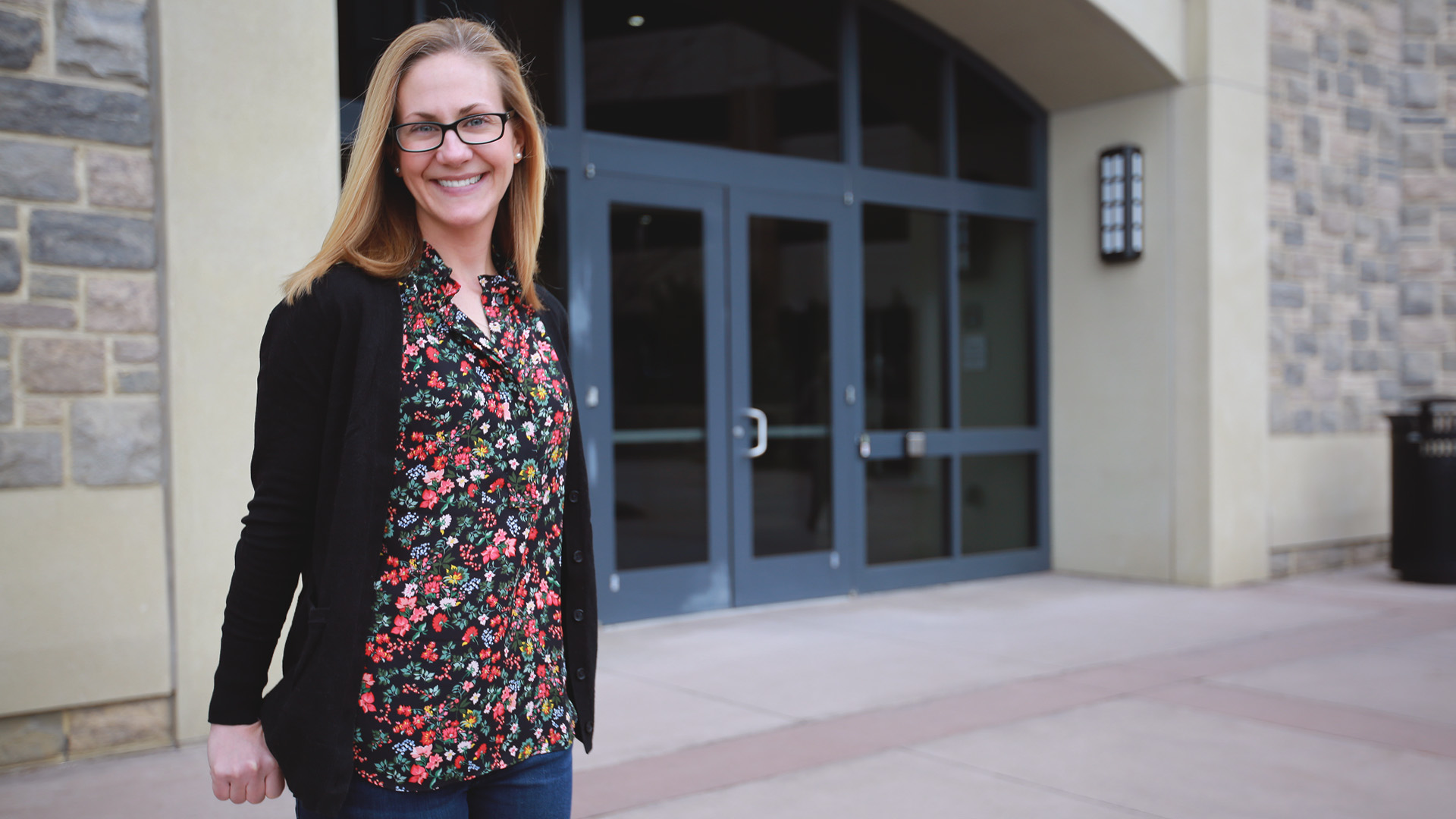The School of Neuroscience is making quite an impact on the Virginia Tech summer sessions landscape. And Kristin Phillips, assistant professor and associate director of undergraduate programs, is playing a big role.
During Summer I, Phillips will teach Diseases of the Nervous System and Global Perspectives in Neuroscience and Medicine courses for three weeks at the Steger Center, Virginia Tech’s own study center housed in a 250-year-old villa in Riva San Vitale, Switzerland.
The Steger Center for International Scholarship located in Riva San Vitale, Switzerland.

The Steger Center for International Scholarship located in Riva San Vitale, Switzerland.

The Steger Center for International Scholarship located in Riva San Vitale, Switzerland.

Students will gain cultural awareness by examining how lifestyle and societal perception in different cultures influences disease diagnosis, progression, and treatment. The six-credit program prepares students to be global citizens who can think critically about the impact of diseases and medical practices in different societies.
“It will be a one-of-a-kind program at Virginia Tech,” Phillips said. Students will look at the cultural differences in diagnosis, clinical treatment, and societal views of neurological disorders such as psychiatric illnesses and Alzheimer's disease.
Kristin Phillips, assistant professor and associate director of undergraduate programs.

Teaching a class size of 20 students will allow her to take the students to nearby countries, including a two-day group excursion to Florence, Italy that includes a group dinner and visits to Uffizzi Gallery and La Galleria to see the Statue of David. Day trips are also planned to nearby universities or medical centers in Ticino region.
“The opportunity to develop this program and take these students abroad and learn in a completely new way is incredibly exciting,” enthuses Phillips. “It's going to be an intense and rewarding experience for myself, my colleague who is teaching with me, and most of all, for the students.”
Upon her return from Switzerland, she will teach for the second year the Neuroscience and Society track offered as part of Virginia Tech’s Summer Academy program during the Summer II semester.
Teaching in Summer Academy affords Phillips a completely different teaching experience. “I enjoy working with students who are about to embark on their college careers, mentor them on ways to succeed, and instill some excitement about the field of neuroscience. She admits that it is not always easy teaching in Summer Academy because it is so very different from her other teaching formats. “However, it is rewarding in its own way.”
Braden Mills, sophomore clinical neuroscience major, keeps a watchful eye while playing brain pong.

Tailoring the subject matter to first-year students, the course material all grounded in science, covers topics such as starting college, stress on the body, brain development, and best studying strategies. The first part of the six weeks eases the students into the subject matter discussing mental health, anxiety and depression, including national survey results and on-campus statistics.
During the last two weeks of the six-week program, students delve into denser topics such as the psychopath’s brain and neuroscience in law and politics at a much faster pace. Phillips also has the opportunity to work with students from all disciplines, including math, chemistry, business, in addition to neuroscience majors.
